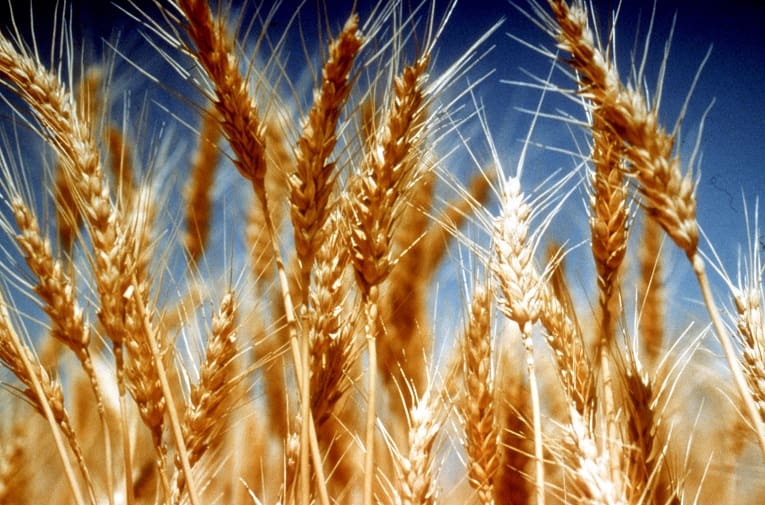AGRI-COMMODITY markets are set to begin 2021 with high prices and a range of factors that are likely to see prices hike further, according to Rabobank’s annual global Agri Commodity Markets Research Outlook.
The bank forecasts that the fallout from the Covid-19 pandemic, which saw countries across the world stockpile goods, along with expected poor harvests due to dry weather conditions, are set to increase agri-commodity prices and create a period of agri-commodity inflation which won’t ease until at least mid-way through 2021.
 Rabobank sees strong upside potential in soybeans, corn and wheat, among other agri commodities.
Rabobank sees strong upside potential in soybeans, corn and wheat, among other agri commodities.
The main engines fuelling this price upside are weather risks (La Niña in particular), good import demand due to countries stockpiling grains and oilseeds and speculation.
There are a few exceptions. The prices of coffee, cotton, cocoa and sugar are expected to decline, as these commodities saw reduced demand in 2020, with the effects lingering into 2021.
The ‘Outlook 2021: Bull Waves Don’t Break’ report says among the factors that may influence commodity prices next year is La Niña, which could hit crops across the world, potentially causing a lack of snow cover and putting wheat crops at risk as well as raising the risk for South American drought, which can put soy and corn crops at risk.
There is also uncertainty around the approach to China that will be taken by United States President-elect Joe Biden and how that will influence the interplay between two of the biggest players in the global agri-commodity market.
- Sugar demand was dampened, though production benefited from the decline in ethanol prices which saw sugar outputs accelerate through 2020 to make the most of favourable the circumstances. As a result, 2020/21 looks like a relatively balanced year, versus previous expectations for a large deficit. But as the global economy recovers in the second half of 2021, ethanol and sugar prices could bounce back.
- Wheat has reached its highest price since 2014 but while stocks have increased during the 2020/21 season, this could be offset by increased global demand brought on by the pandemic as countries look to secure strong supply. La Niña will likely continue to pose a challenge for the development of wheat crops around the world.
- Soybean prices saw the biggest price decrease of all commodities tracked in 2020 following two years of oversupply and trade-war induced low prices which in the US were below the cost of production. Prices increased following a Chinese-led import programme which saw them jump to a four-year high. This is expected to continue into 2021 led by continued demand from China.
Rabobank global strategist and head of agri-commodity markets, Stefan Vogel, said 2020 had been a year like no other, but the agri-commodity supply chain had fared well, ensuring the global food supply had remained intact during the pandemic despite stockpiling by both countries and consumers.
“The current circumstances have given farmers some respite after years of stubbornly low prices but 2021 brings its own risks. Even with rising hopes of a vaccine, Covid-19 remains a difficult to predict risk, while La Niña has the potential to hit crop yields across the world.
“Wheat, corn and soybean prices are set to remain high and could increase further, with farmers continuing to take advantage of the favourable production and exporting conditions. Yet cotton, coffee and cocoa have hit a wall driven by reduced consumer demand due to Covid-19”.
Rabobank predicts an uncertain outlook for 2021 as trade to China hangs in the balance.
China has been importing increasing amounts of US soybeans and corn to feed its recovering livestock sector, which has also alleviated tensions with the US. It is unclear how much it will pivot back to Brazil to fulfill demand in 2021.
Rabobank also expects an improvement in the US dollar in the next few months, which could result in bearish prices for US agri-commodities and lower demand for US products.
“In recent years the volatile relationship between the US and China has resulted in much uncertainty for agri-commodity prices. Following a period of bilateral trade talks, a question mark remains over how robust this relationship will be under the new administration and how this will impact the balance of trade in key agri-commodities like soybeans,” Mr Vogel said.
Source: Rabobank



HAVE YOUR SAY